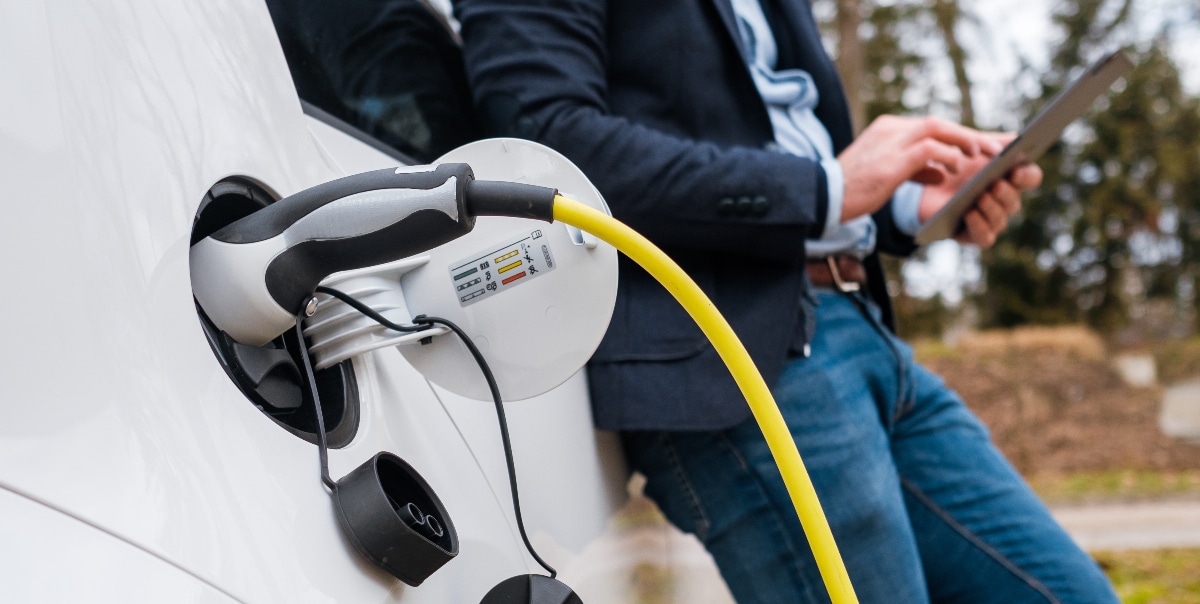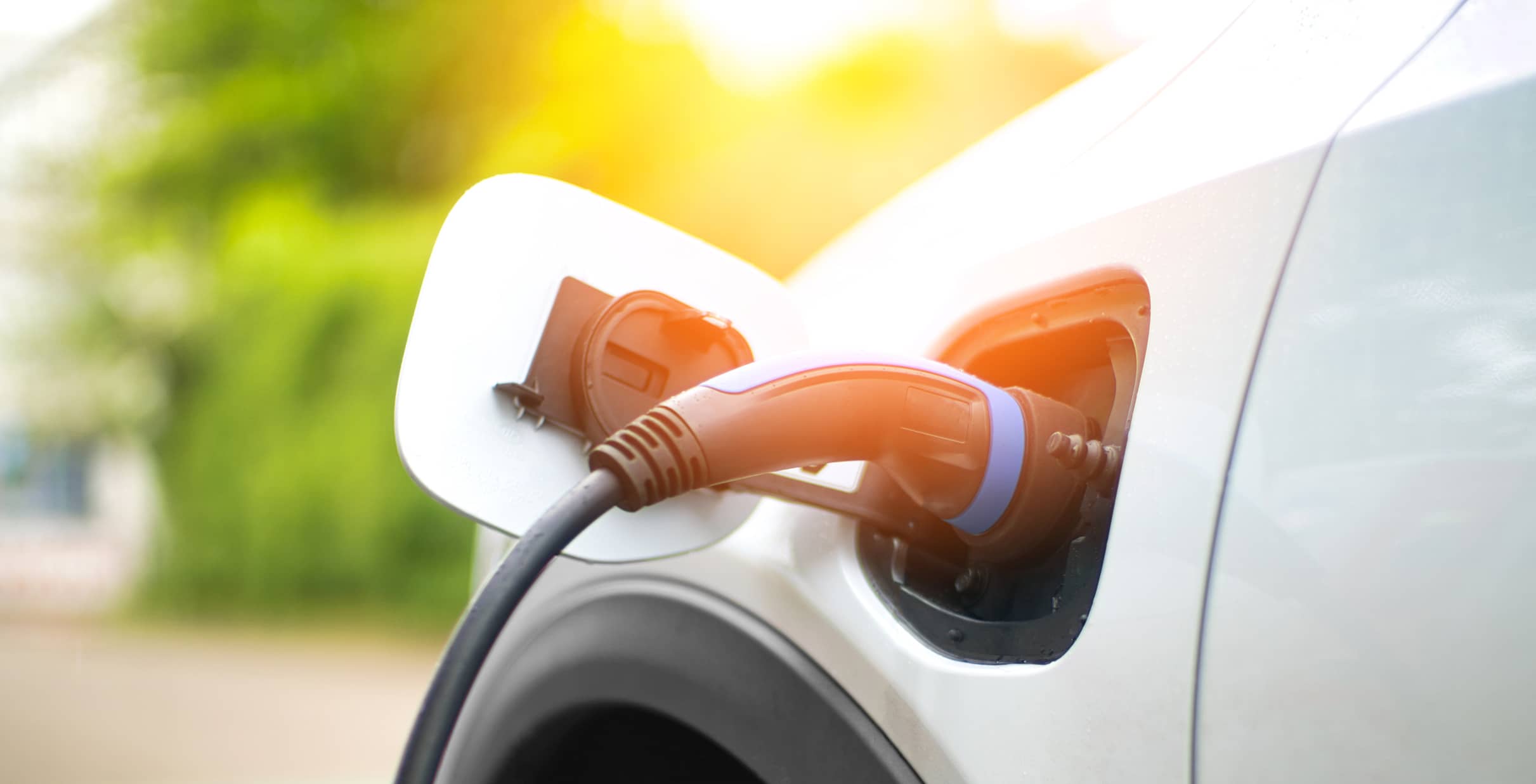Electric cars do not need oil, as they do not have an internal combustion engine. Unlike traditional cars that require engine oil to lubricate the moving parts, electric cars have a simpler mechanics that significantly reduces the need for lubrication.
However, there are still other fluids and lubricants, such as transmission fluid, coolant, and brake fluid, that electric cars require for optimal performance.
The Difference Between True Electric Cars (evs) And Hybrids
Electric cars, unlike traditional vehicles, do not require engine oil changes. This is because electric cars do not have an internal combustion engine. While they may require other fluids like transmission fluid and coolant, they don’t rely on oil for lubrication and maintenance.
Evs Vs Hybrid Vehicles
When it comes to the question of whether electric cars need oil, it’s crucial to understand the difference between true electric vehicles (EVs) and hybrid vehicles. While both types of cars offer environmentally friendly alternatives to traditional petrol-powered vehicles, their mechanics and oil usage differ significantly.
Distinction In Oil Usage
True electric vehicles (EVs) stand out when it comes to oil usage, or rather, the lack thereof. Electric cars don’t have an engine, which means they don’t require engine oil. In contrast, hybrid vehicles do have an engine, albeit a smaller one, and may still need engine oil. However, it’s important to note that the oil usage in hybrids is typically significantly lower than that of conventional cars.
Furthermore, transmission fluid is commonly used in traditional cars to lubricate the gears and facilitate smooth gear shifting. Electric cars, including both EVs and hybrids, don’t require transmission fluid as they use a single-speed transmission, which eliminates the need for gear shifting.
Required Maintenance For Evs And Hybrids
While EVs and hybrids may not need oil changes in the same way as traditional cars, it’s essential to understand that they still require some maintenance to ensure optimal performance. Here’s a breakdown of the fluids that may require attention in both types of vehicles:
- Coolant: Both EVs and hybrids use coolant to regulate their operating temperature. It’s important to monitor and replace coolant as needed to prevent overheating and maintain efficient performance.
- Brake fluid: Like any other vehicle, electric cars also require regular inspection and replacement of brake fluid to ensure safe braking performance.
Additionally, while hybrids still rely on a traditional combustion engine, they may require conventional maintenance procedures such as replacing spark plugs and belts. EVs, on the other hand, have simpler mechanics, reducing the need for extensive maintenance compared to combustion engine vehicles.
Therefore, while true electric vehicles (EVs) don’t need engine oil like traditional cars, some fluids still need attention and occasional replacement. Hybrids, although utilizing both an electric motor and an internal combustion engine, have significantly lower oil usage compared to conventional vehicles. Both EVs and hybrids pave the way for cleaner and more sustainable transportation options without compromising on performance.

Credit: qmerit.com
Electric Cars: No Engine, No Need For Engine Oil
In the world of automotive technology, electric cars have revolutionized the way we think about transportation. One of the fascinating aspects of electric cars is that they don’t have an engine like traditional gasoline-powered vehicles. This raises an intriguing question: do electric cars need engine oil? The answer is simple yet intriguing – electric cars don’t require engine oil. Let’s delve deeper into this topic by exploring an overview of electric cars and understanding why they don’t need engine oil.
Overview Of Electric Cars
Electric cars, also known as electric vehicles (EVs), are powered by electricity. Instead of an internal combustion engine like conventional cars, electric cars utilize an electric motor to generate power and propel the vehicle. The electric motor draws electricity from a high-capacity battery pack. Not having an engine is what makes electric cars unique and environmentally friendly.
Explanation Of Why Electric Cars Don’t Need Engine Oil
The absence of an engine in electric cars eliminates the need for engine oil. Engine oil in traditional vehicles serves to lubricate moving parts, such as pistons, crankshafts, and valves, reducing friction and prolonging the engine’s lifespan. However, since electric cars operate using an electric motor, which has significantly fewer moving parts, the need for engine oil becomes obsolete.
Although electric cars don’t require engine oil, there are still other fluids essential for their optimal performance. Here are some examples:
- Transmission Fluid: While electric cars don’t have a conventional transmission system, some models may have advanced drivetrain setups that require lubrication. It is essential to monitor the transmission fluid levels as suggested by the manufacturer.
- Coolant: Electric cars utilize a cooling system to regulate the temperature of the electric motor and battery pack. Coolant helps dissipate heat, preventing overheating, and maintaining the efficiency of the components.
- Brake Fluid: Similar to traditional cars, electric cars require brake fluid to ensure smooth and reliable braking performance. Brake fluid helps transmit the force applied to the brake pedal and enables efficient braking.
Unlike the regular oil changes needed for gasoline-powered vehicles, the maintenance requirements of electric cars are generally lower. With fewer fluids to monitor and maintain, electric vehicle owners can enjoy the benefits of reduced maintenance and overall simplicity.
So, the next time you hear someone asking whether electric cars need engine oil, you can confidently explain that there is no need for engine oil in these futuristic vehicles. Embrace the transition to electric mobility, where sustainability and efficiency go hand in hand.
Lubrication And Maintenance In Electric Cars
Unlike traditional cars, electric cars do not require oil changes. Electric vehicles do not have an engine, so they do not need engine oil for lubrication and maintenance. Instead, they rely on other fluids like transmission fluid, coolant, and brake fluid to keep them running smoothly.
Importance Of Transmission Fluid
While electric cars do not require engine oil, it is important to understand the role of transmission fluid in the maintenance of these vehicles. Transmission fluid serves as a lubricant for the gears in traditional cars, helping them operate smoothly. In electric cars, the transmission system may differ, but there are still fluids and lubricants required for optimal performance.
Maintenance Requirements For Electric Cars
Although electric cars do not need oil changes like their conventional counterparts, they still require regular maintenance to ensure their longevity and performance. Here are some key maintenance tasks to keep in mind:
- Monitor Transmission Fluid: While electric cars use different transmission systems, it is crucial to monitor the fluid levels and quality. Regular checks and, if necessary, fluid replacements will prevent potential issues and keep the transmission system running smoothly.
- Check Coolant Levels: Electric cars rely on a coolant system to control the temperature of the battery pack and power electronics. Regularly checking coolant levels and maintaining proper cooling system functionality is essential for efficient operation.
- Brake Fluid Maintenance: Electric cars, like any other vehicle, require periodic brake fluid changes. Keeping the brake system properly maintained ensures optimal braking performance and overall safety.
In addition to these specific maintenance tasks, regular inspections of other components such as tires, suspension, and battery health are important to detect any potential issues early on. Consulting the manufacturer’s recommended maintenance schedule is crucial for ensuring all necessary maintenance tasks are performed in a timely manner.
While electric cars may have reduced maintenance requirements compared to their gasoline-powered counterparts, maintaining proper fluid levels and conducting routine inspections are important for maximizing their performance and lifespan.
Fluids Required In Electric Cars
While it is well-known that electric cars eliminate the need for traditional motor oil changes, there is still a need to understand the fluids necessary to keep these vehicles running smoothly. Electric cars, also known as EVs, do require certain fluids to ensure optimal performance and longevity. In this article, we will delve into the different types of fluids needed in EVs and highlight the importance of transmission fluid, coolant, and brake fluid.
Types Of Fluids Needed In Evs
EVs may not require motor oil, but they do rely on other vital fluids to operate efficiently. Here are the key fluids that electric car owners should keep an eye on:
- Transmission Fluid: While electric cars do not have traditional transmissions with gears like gasoline-powered vehicles, they still rely on transmission fluid to enable power transfer between the electric motor and the wheels. This fluid ensures smooth acceleration and optimal performance.
- Coolant: Electric vehicles use coolant to regulate the temperature of their batteries, power electronics, and electric motors. It helps dissipate heat and prevents the components from overheating, which can significantly impact the vehicle’s performance and lifespan.
- Brake Fluid: Just like any other vehicle, electric cars require brake fluid to operate their braking systems effectively. Brake fluid helps transmit force from the brake pedal to the brake calipers, resulting in efficient and reliable braking performance.
Importance Of Transmission Fluid, Coolant, And Brake Fluid
Transmission fluid: Transmission fluid plays a crucial role in electric cars by ensuring seamless power transfer between the motor and the wheels. Regularly monitoring and replacing the transmission fluid helps maintain the optimal performance and extends the lifespan of the powertrain components.
Coolant: The use of coolant in electric vehicles is vital to prevent critical components from overheating. By efficiently dissipating heat, coolant helps protect the electric motor, power electronics, and battery pack. Regular maintenance and proper coolant levels are essential to prevent potential overheating-related issues.
Brake fluid: Brake fluid, an often overlooked fluid in electric cars, is essential for proper braking. It transmits the force from the brake pedal to the brake calipers, allowing for responsive and reliable braking. Regular brake fluid checks and changes help ensure optimal braking performance, enhancing both safety and efficiency on the road.
Why Electric Cars Don’t Need Oil Changes
Electric cars do not need oil changes because they do not have an internal combustion engine that requires lubrication with motor oil. Unlike traditional vehicles, electric cars run on electric motors, eliminating the need for oil maintenance.
Comparison To Traditional Engines
Simplified Mechanics And Reduced Need For Lubrication
Electric cars have revolutionized the automotive industry with their eco-friendly and efficient performance. One of the major advantages of electric vehicles is the absence of oil changes, which is a regular maintenance task for traditional combustion engines. Let’s explore why electric cars don’t need oil changes.
Comparison To Traditional Engines
Traditional combustion engines rely on oil to lubricate moving parts and reduce friction, ensuring smooth operation. Oil changes are necessary to maintain the engine’s performance and prevent deterioration.
Electric cars, on the other hand, do not have internal combustion engines. Instead, they are powered by electric motors that function without the need for oil. This fundamental difference eliminates the need for oil changes in electric vehicles.
Simplified Mechanics And Reduced Need For Lubrication
Another reason why electric cars don’t need oil changes is their simplified mechanics. Unlike traditional engines with complex systems of pistons, valves, and camshafts, electric motors have a much simpler design. This simplicity means fewer moving parts that require lubrication. In fact, electric motors typically use sealed bearings that are lubricated for life, eliminating the need for regular oil changes.
Furthermore, electric cars often utilize other types of lubricants, such as grease, for certain components like ball joints and articulated joints. While these lubricants may need occasional maintenance, they do not require the same level of attention as engine oil in traditional vehicles.
Overall, the simplified mechanics and reduced need for lubrication in electric cars contribute to their lower maintenance requirements. By eliminating the need for oil changes, electric vehicles provide owners with cost savings and a more convenient ownership experience.
It’s important to note that although electric cars don’t require oil changes, they still require regular maintenance to ensure optimum performance. This maintenance includes tasks such as checking and replacing coolant, brake fluid, and transmission fluid at prescribed intervals. However, the absence of oil changes simplifies the maintenance process for electric car owners.
In conclusion, electric cars offer a clear advantage over traditional combustion engines when it comes to oil changes. The simplified mechanics and reduced need for lubrication in electric vehicles eliminate the need for oil changes, providing owners with a more environmentally friendly and hassle-free driving experience.
Frequently Asked Questions For Do Electric Cars Need Oil
Do Electric Cars Need Antifreeze?
No, electric cars do not need antifreeze. They do not have engines that require cooling like traditional cars. However, they may still require other fluid changes such as brake fluid, coolant, and transmission fluid.
Do All Electric Cars Require Gas?
Electric cars do not require gas as they run on electric energy supplied by their batteries. Unlike traditional cars, electric cars do not have an engine and therefore do not need engine oil or gas for fuel. They require minimal maintenance, without the need for oil changes.
Do Electric Cars Have An Engine?
Electric cars do not have an engine like traditional combustion vehicles. They are powered by an electric motor instead. Therefore, electric cars do not require engine oil.
Do Electric Cars Use Power Steering Fluid?
No, electric cars do not use power steering fluid. Electric systems in cars do not require power steering fluid to operate efficiently.
Conclusion
Electric cars do not need oil like traditional internal combustion engine vehicles do. This is because electric cars do not have the complex moving parts that require lubrication.
While they may still require other fluids like coolant, transmission fluid, and brake fluid, the overall maintenance requirements for electric cars are significantly lower compared to gas-powered cars.
So if you’re considering making the switch to an electric car, you can say goodbye to oil changes and enjoy a more eco-friendly and low-maintenance vehicle.


Leave a Reply